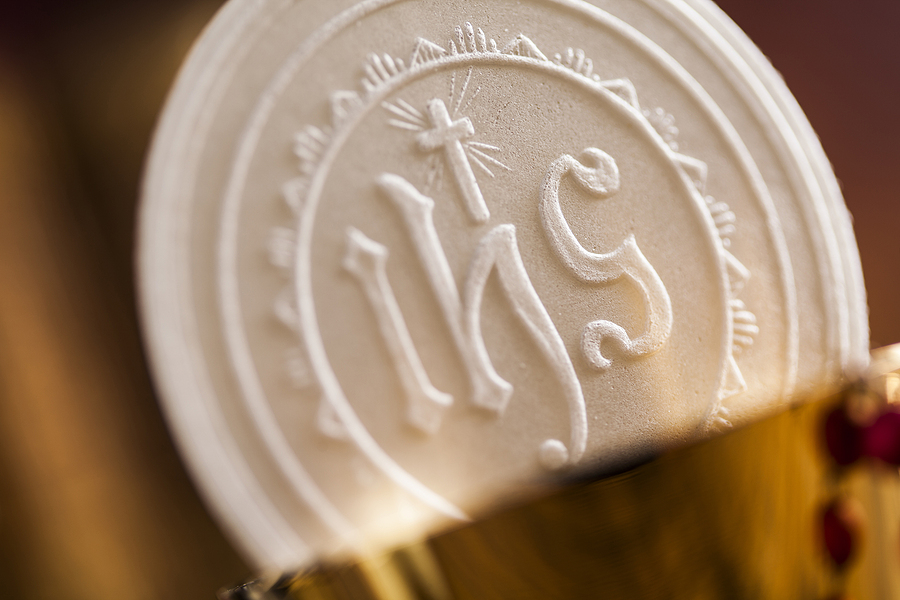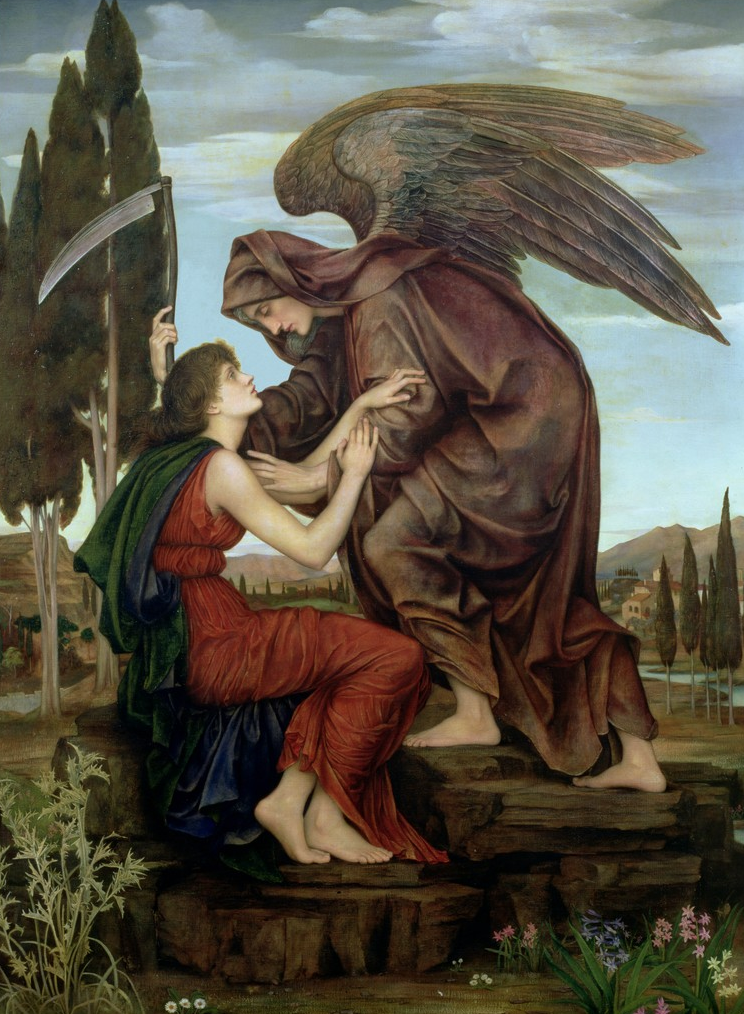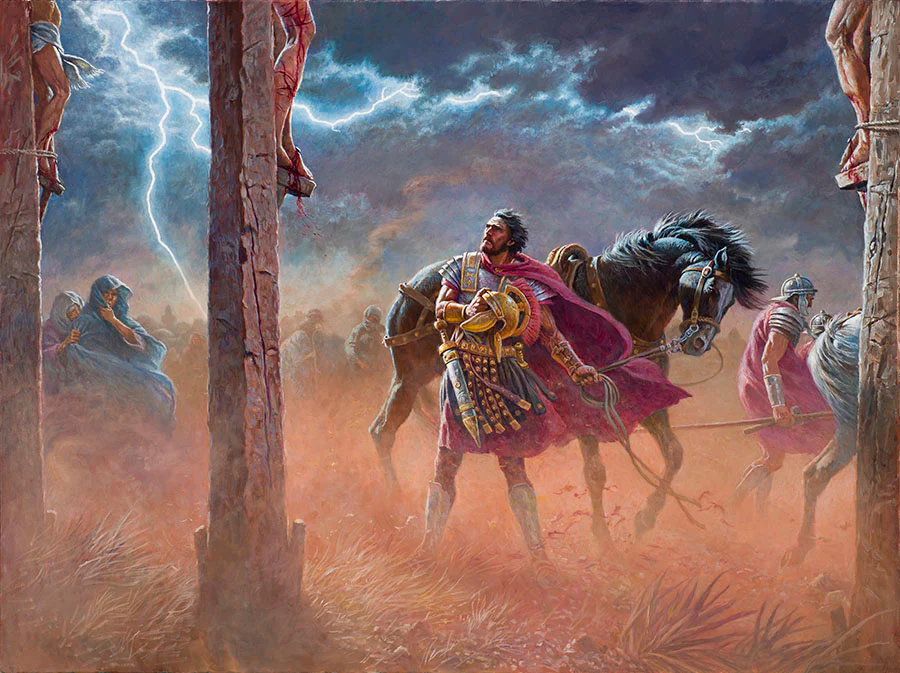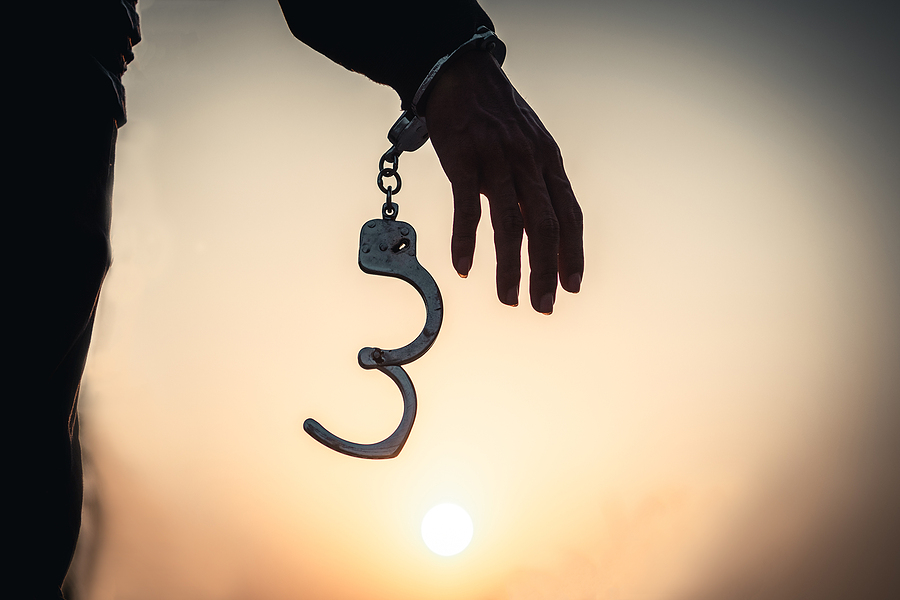
Baptism: His and Ours
If we’re under the age of fifty and are, or were, a Christian, we have been baptized. Most likely, our parents made the decision for us when we were infants. But in this “post-Christian era”, more and more parents choose not to baptize their child. The stated reasons vary, but these are a sample of those I have been told and read.
- We don’t need church to be spiritual.
- We can pray anywhere.
- The woods, mountain or ocean is our chapel.
- Nature is my church.
- I was brainwashed as Catholic or evangelical Christian and I want my child to make her own decision, rather than be forced into a religion he doesn’t believe in.
Each of these reasons makes sense, at least on the face of it.
Unless, we consider the very first public act of Jesus: to be baptized by John the Baptist. If baptism means forgiveness of sin, why would the son of God need baptism?
Exactly.
Why indeed?
Hold that question for just a moment. First, some quick background.
What does it mean to be baptized?
When baptized, each of us is left with an indelible spiritual mark. “No sin can erase this mark, even if sin prevents Baptism from bearing the fruits of salvation. Given once for all, Baptism cannot be repeated. Through the sacrament, the Holy Spirit has marked us with the seal of eternal life…Baptism is God’s most beautiful and magnificent gift. . . .We call it gift, grace, anointing, enlightenment, garment of immortality, bath of rebirth, seal, and most precious gift. It is called gift because it is conferred on those who bring nothing of their own; grace since it is given even to the guilty; Baptism because sin is buried in the water; anointing for it is priestly and royal as are those who are anointed; enlightenment because it radiates light; clothing since it veils our shame; bath because it washes; and seal as it is our guard and the sign of God’s Lordship.”
That first sentence begs for a repeat: “No sin can erase this mark, even if sin prevents Baptism from bearing the fruits of salvation.” And perhaps pondering concepts not considered since childhood.
Like sin, life of the soul and repentance or my preference: turning around.
According to the Catechism of the Catholic Church, the word means literally to be plunged into the water- which symbolizes our “burial into Christ’s death” from which we emerge as a new creature. It is the “gateway to life in the spirit” and effects the “birth of water and spirit without which no one can enter the Kingdom of God.”
The only sacrament that the 2.6 billion Christians in the world agree on is baptism and is universally recognized as valid.
Like all sacraments, Baptism cannot be obtained in nature, or the ocean, or mountains or self study. It requires a church.
Why His baptism and ours?
The Christian liturgy celebrates the Baptism of the Lord as the feast day which ends the Christmas season.
Last Sunday, we celebrated Epiphany symbolizing the three manifestations of the Christ.
- The three seekers who travel a great distance, at great risk, to adore an unknown god.
- The wedding at Cana where the jars of water intended for washing feet becomes the ‘finest wine.’
- And today, His Baptism by the baptizer, John. Where the heavens are ‘torn open…and the spirit descending on him like a dove and a voice came down from heaven,’ You are my beloved son, in you I am well pleased.’
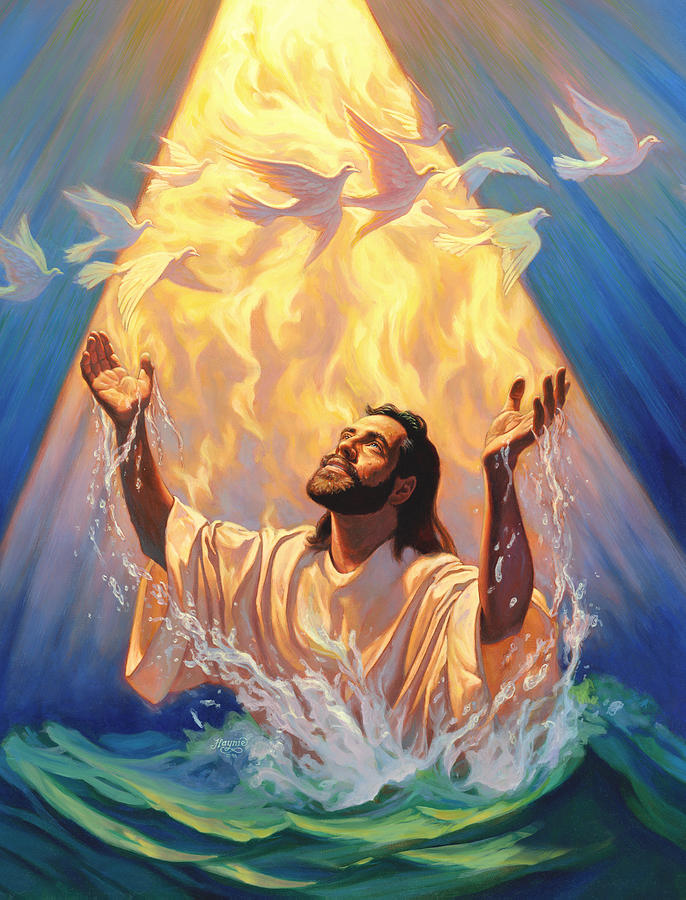
Saint Maximus of Turin explains why His Baptism and ours in the Second Reading of the Divine Office for the Friday after Epiphany:
…reason should demand” that the Baptism should follow so close to the incarnation even though 30 years separate the two events. At Christmas, Jesus was born a man; today he is reborn sacramentally. Then he was born from the Virgin; today he is born in mystery: When he was born a man Mary held him close to her heart; when He is born in mystery, the Father embraces him with his voice when he says:
This is my beloved Son in whom I am well pleased. Listen to Him.
… Christ is baptized not to be made holy by the water but to make the water holy. When our Lord is washed, all waters for all baptism for all time are made holy.
…I understand the mystery as this… in the column of fire he went before the sons of Israel; so now, in the column of His Body he goes through baptism before the Christian people. At the time of the Exodus, the column provided light for the people who followed; now it gives light to the hearts of believers. Then it made a firm pathway through the waters; now it strengthens the footsteps of faith in the bath of Baptism.

